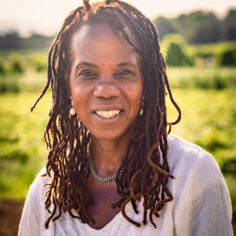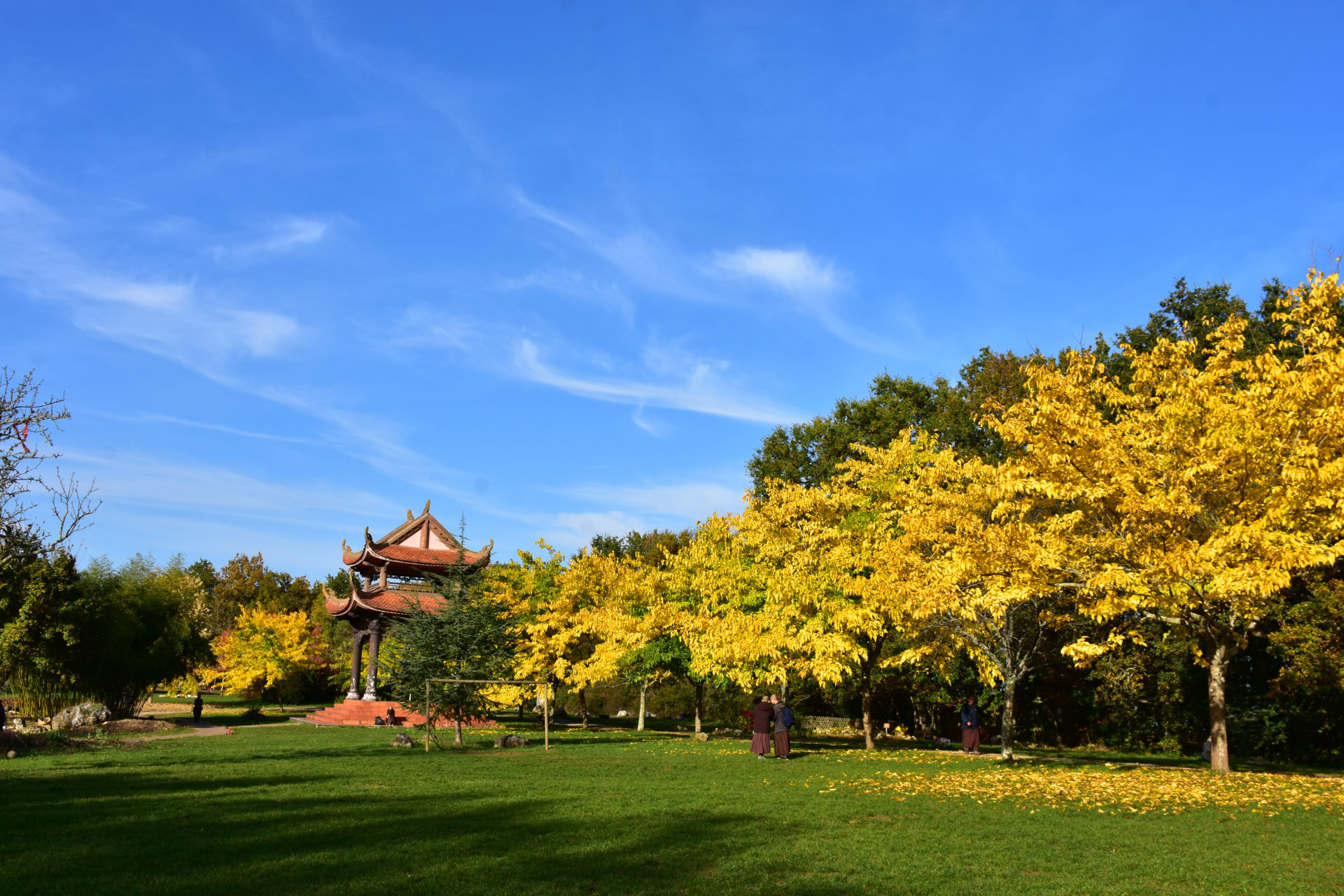By Valerie Brown in October 2019
A Habit of Running Fast
I became a lawyer largely out of fear of being trapped in poverty. I grew up in Brooklyn, New York, long before the borough was the swanky place it is today. It was a place of deep poverty, of chain link fences and cement sidewalks. My parents immigrated to America with little more than a suitcase and the clothes on their backs.
By Valerie Brown in October 2019
A Habit of Running Fast
I became a lawyer largely out of fear of being trapped in poverty. I grew up in Brooklyn, New York, long before the borough was the swanky place it is today. It was a place of deep poverty, of chain link fences and cement sidewalks. My parents immigrated to America with little more than a suitcase and the clothes on their backs. My Cuban mother was a maid, and my father was a tailor.
Escaping Brooklyn meant running fast, furious, and far away from my childhood of poverty. I ran from Brooklyn to undergraduate school, to graduate school, to law school, and then to “the big and important job” as a lawyer-lobbyist. I adopted an aggressive, adversarial, and win-at-all-cost mindset, and focused on making and spending money to soothe myself. My bunker mentality—an untrusting, defensive attitude toward others—was fueled by rage at a system that prioritized productivity over people. I was numb from my relentless pace and drive, overwhelmed from rushing and pushing myself to succeed, and explosively angry.
My path of practice began there.
Learning how to stop, to look deeply, to take care of strong emotions, and to realize the meaning of right livelihood is a practice and a journey of awareness, understanding, and compassion. And I learned slowly.
My journey began in 1995 when I attended a talk by Zen master Thich Nhat Hanh at Riverside Church in New York City. He spoke about embracing strong, painful emotions, taking good care of them, and holding them tenderly. This was revolutionary for me. As a means to heal myself, I started attending a local Sangha and retreats at practice centers in the tradition of Thich Nhat Hanh. To strengthen my mindfulness practice, I joined the Order of Interbeing in 2003. I realized the work I did and the way I did it caused a lot of feelings of anger and feeling overwhelmed. With the Sangha’s support, I practiced metta daily, extending friendship to myself, and accepted myself as I am. Slowly, I began to notice changes within me. I felt softer, less reactive.
Practicing the teachings that I learned at retreats and with the local Sangha, I gradually began to focus on my breathing more and more, and practiced recognizing and releasing internal knots of tension in my body. At work as a lawyer-lobbyist, I became aware of the ways that my thinking—the strive to outmaneuver an adversary and the need to be right—affected me internally, causing tightness, heaviness, and shortness of breath. I practiced softening and feeling my body, noticing the connection between my thinking and breathing, and felt tension in my body.
Rather than trying to persuade others of my position’s rightness, I focused instead on understanding the other person first. This shift helped me to connect on a heart level instead of a head level, changing not only the quality of my conversations but also the quality of my relationships and my values about work. With new insights about how my thinking expressed itself in my body and mind, I questioned long-held values about work, and about why and how I became a lawyer.
Your Life is Your Message
To write about my life journey toward wisdom at work is to focus on the historical dimension where there is a beginning and an ending. However, there also is the ultimate dimension, where there is no beginning or ending, no birth or death, no coming or going. Whenever speaking of self, I am aware that countless non-self elements compose the self.
Thay said, “Your life is your message.” This universal truth is embodied too in the Quaker expression “Let your life speak.” While having a good job is important to me, what is much more important is living with openness, trust, compassion, authenticity, justice, equity, and love. In other words, vocation is an expression of my deep faithfulness to my values and beliefs. To live this way invites deep listening and deep looking into my life and guiding values.
I have a daily practice of asking myself: How might I be a Buddha at work today? Right livelihood means, to me, selecting a career that sustains me and supports this beautiful and needful world. The wisdom of work, and of this training, is that our vocation is an outward expression of our inward values: they co-create each other and are an expression of our entire being. Right livelihood liberates the heart and mind through service that sustains life and supports society. Vocation is an act of peace and non-violence that begins with me. In becoming clearer about my values, my work is transformed and so are others around me.
I am a worker and a consumer. I cherish freedom to choose, which also requires mindful inquiry and looking deeply at my motivations for consumption. Too often, I buy things in a false effort to feel good about myself. Today, I ask myself: What am I consuming and why? I read labels, such as “Made in Bangladesh,” and reflect: Who made this? How was this person treated? What are her living conditions? I recognize the interconnection between what I buy and the larger society. Pausing, I can choose wisely in a way that honors my values and sustains our planet. I am not trying to be perfect in everything all the time. I am interested in taking small steps that align with my values.
We live with a ripple effect. Just as when a pebble dropped into a pond ripples out and across the water, our work ripples out to others and to our environment, shifting, influencing, changing, and engaging. A mindful worker in the workplace has a ripple effect that affects not only the workplace but also everyone in it. I am a ripple, and my work today is very different. I am an accredited leadership coach; an international retreat leader who focuses on the application and integration of mindfulness and leadership; and a writer. My great joy is offering an annual transformational pilgrimage to El Camino de Santiago, Spain, and other destinations to celebrate the power of sacred place.
Today, I am not running fast and hard. Instead, I am moving at a human pace—the “speed of trust.”


